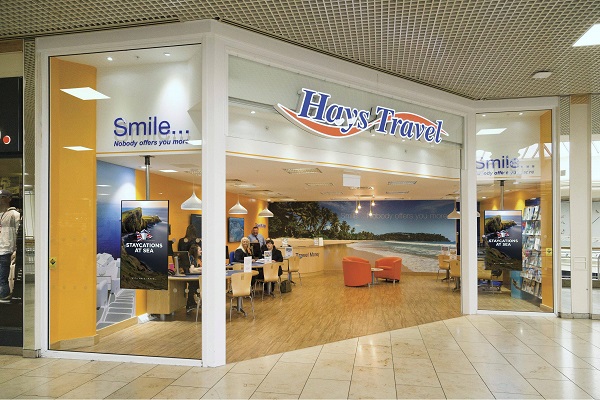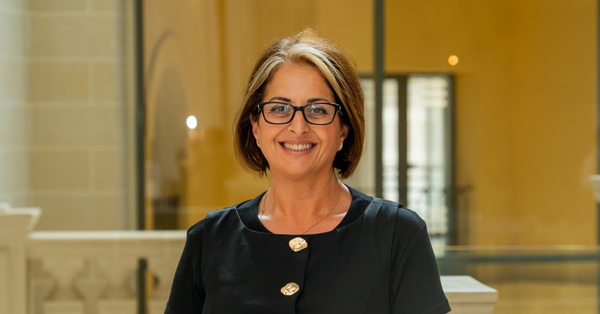Hays ‘further down the line’ with retail expansion plans

Hays Travel owner Dame Irene Hays says the UK's largest independent agency is continuing to assess "opportunities” to expand the retail estate in regions that are "doing particularly well”.
The agency currently has 466 shops, but Hays outlined plans to grow that number through a mix of new premises and acquisition of existing travel agency branches.
She said she wanted to boost the business's balance sheet to build up "a war chest” that would enable Hays Travel to "spend big on a large acquisition” and not take on debt.
: Hays Travel apprentices use social media skills to attract staff
Hays Travel regional managers to continue to work weekends to support retail staff
Nearly 300 Hays Travel shops ‘outstripping sales targets' in 2022
On broader expansion plans, Hays said: "We're in the process of looking at some opportunities [to expand]. We're much further down the line than we were.
"The premises are new and they are in certain regions that are doing particularly well for us.”
The company said sales targets for 2022 had already been matched or surpassed by stores in the 19 regions covered by its four geographical divisions – north, south, central, and Scotland and Ireland.
Chief operating officer Jonathon Woodall-Johnston previously told Travel Weekly the agency was aiming to plug gaps in its nationwide retail network but Hays also confirmed plans to bolster regions where shops were exceeding their targets.
She said the business had identified recruitment, forex and upgrading existing premises as areas that required "urgent” investment.
Hays added: "We're then looking at putting the balance sheet back to where it was pre-Covid.
"That will give us an opportunity to make the most of what comes along, respond quickly and without debt to secure further acquisitions.”
Hays Travel has taken on 542 apprentices this year – up from 244 in 2019 – and 30 apprentices have been recruited as full-time workers.
However, Hays admitted recruitment overall had sometimes been problematic. "In our towns and cities we've recruited successfully, but in more rural areas the situation has been more challenging,” she said.
You have viewed both of your 2 free articles this month as an unregistered user
To continue reading free of charge, please
If you have registered previously, please complete your details to login:

















